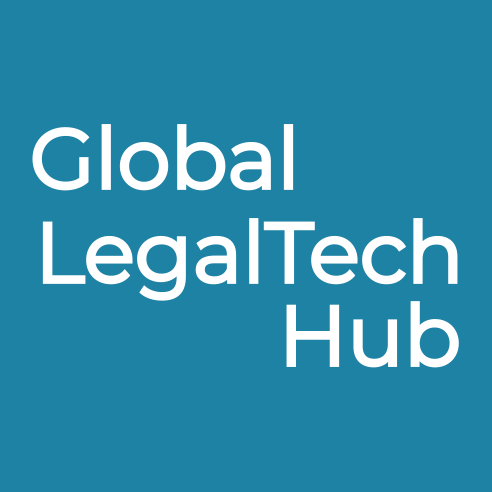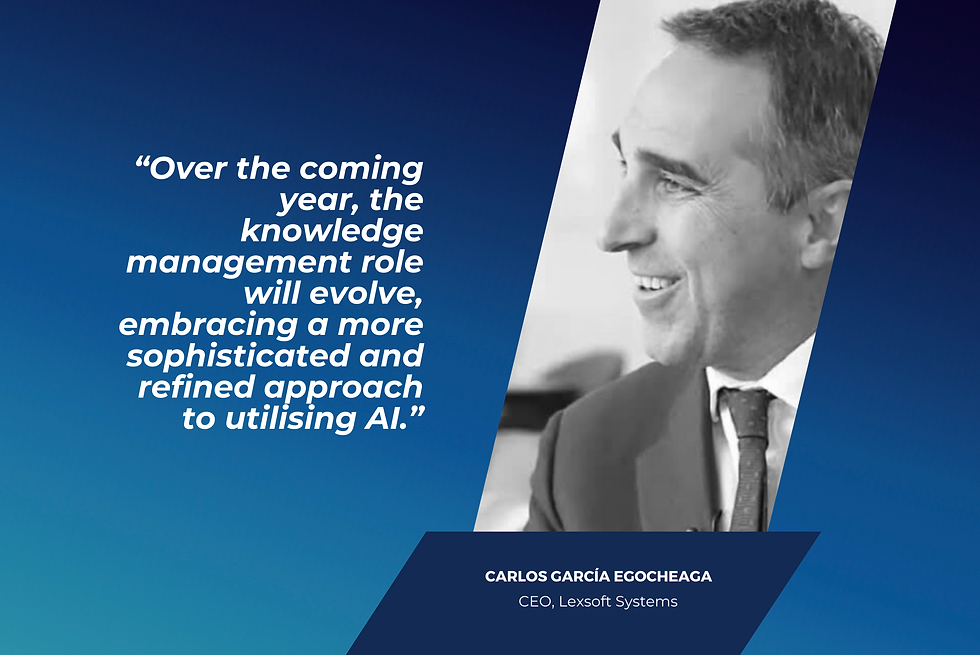Artificial intelligence: the gatekeeper of privacy in times of increasing fraud
- Global Legal Tech Hub

- Jan 27, 2021
- 3 min read
Updated: Feb 18, 2021

It is in times of uncertainty that fraud makes the most progress. It is now more common for users to click on links that they believe are beneficial to them, either on the supposed recommendation of their bank or the company they work for. Data theft is spreading dangerously, and a training exercise is needed by all parties involved to reverse this, with the crucial support of technologies such as artificial intelligence (AI).
Many people are now working remotely, and this has led companies to make an effort to ensure their employees' security outside the office. It is important that companies clearly define the devices and applications that are considered corporate standards, with full support from the IT department. In that sense, communication and training must be keystones of this newly developed distance working strategy.
Clarity must also exist so that no worker puts at risk the safety of their company or their own. For example, making it clear to employees that they will not be sent COVID-19-related emails urging them to submit personal data is a simple way to prevent phishing internally. But the risks are not mitigated by simple messages. Education and, of course, digital solutions applied by experts are needed.
AI training to improve security
This is where artificial intelligence, whose role in identifying people and objects is increasing, takes hold. Through machine learning, AI can be trained to detect very specific elements after a thorough analysis of thousands of images. These advances in technology allow us to establish filters to verify whether a user is who they claim to be, increasing security in the registration process and even contracting services, and limiting the ability of fraudsters to steal money using digital fraud techniques.
When we talk about the end customer, it is essential to ensure that the onboarding processes are well balanced in terms of security and user experience. Too many layers mean that users almost always leave a registration or the purchase of a service half done. The aim would be to make everything possible with just one click, but the current reality presents us with barriers that we must overcome step by step. Establishing this balance is absolutely key.
This is why artificial intelligence is a useful tool for speeding up processes, improving the user experience and, of course, increasing security. Having AI-based technology to eliminate friction will help companies to take advantage of the increased demand for digital services in the short term and beyond. It is worth working on this now and allying with strategic partners who can help analyse and detect fraudsters through identity verification.
A hybrid approach to identity verification
Identity fraud is not a new problem, but certainly innovation has taken it to a new level. The good news is that the ability to identify it is improving every day, as researchers are experimenting with AI capable of detecting even the most elaborate counterfeits through facial recognition and behavioural biometrics.
The later is particularly important. We often talk about how artificial intelligence is a fantastic barrier capable of stopping an immense amount of fraud attempts; and it is, but let's not forget the role played by those who control it. At Mitek we have a hybrid model where our agents rely on artificial intelligence to detect fraud attempts and reduce the margin of error of detection to zero.
According to the latest study by IDC Research Spain and Mitek, 35.7% of financial institutions use biometric recognition, while 31% have applied digital identity validation systems in the delivery and validation of information. We are going through a context in which the number of online users is increasingly growing, to the point that customers who prefer to interact digitally with their bank are already 14% more than those who opt for traditional means.
It is therefore clear that the commitment to a hybrid model to identify the identity of artificial intelligence is fundamental. Companies, workers and customers must be protected from the new threats lurking on the net. Fraud results in the loss of millions of euros, but also of reputation. Both of these things are a major setback for any company, and it is very difficult to overcome them.
#ArtificialIntelligence
#IdentityVerification




Comments